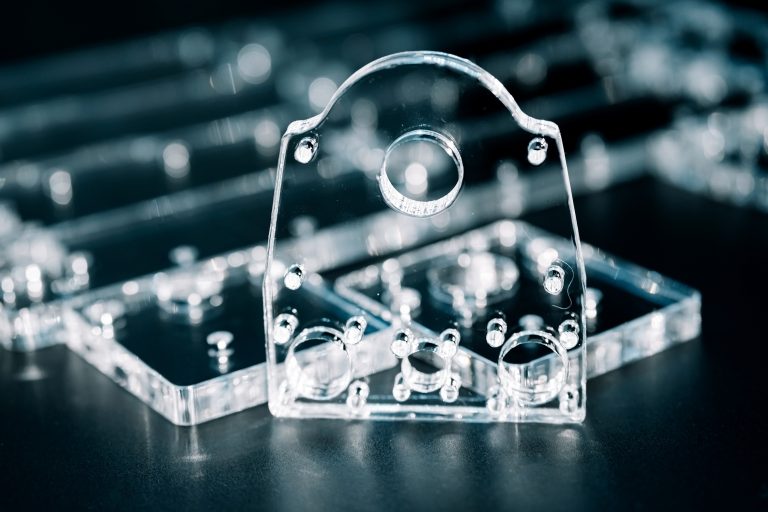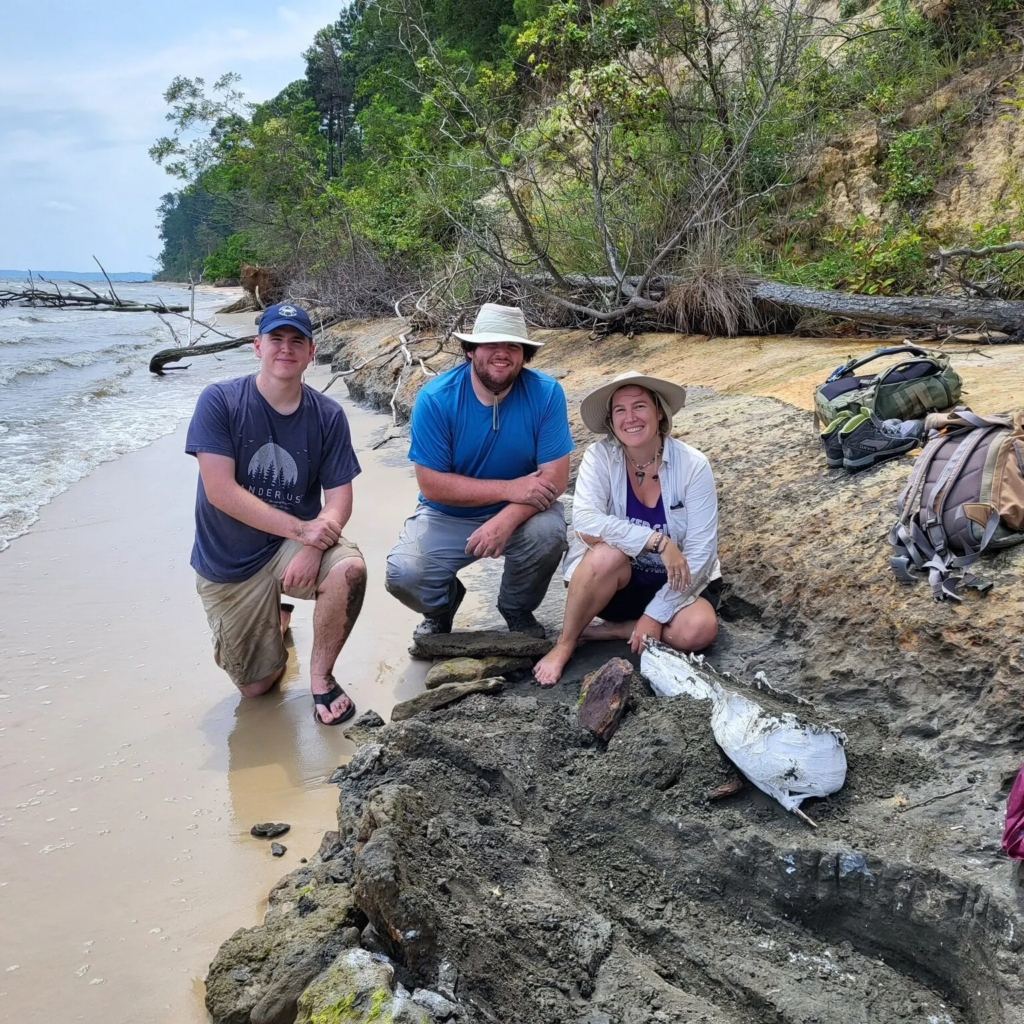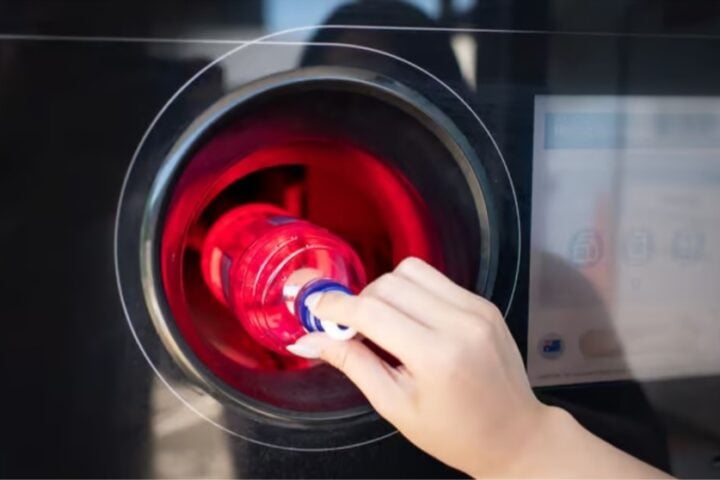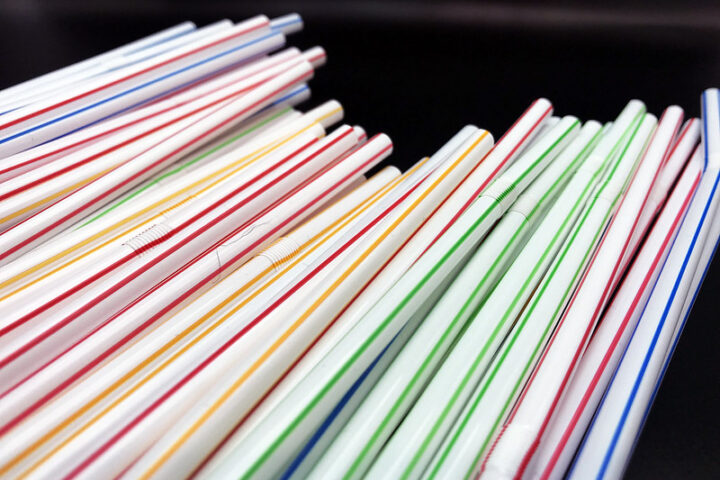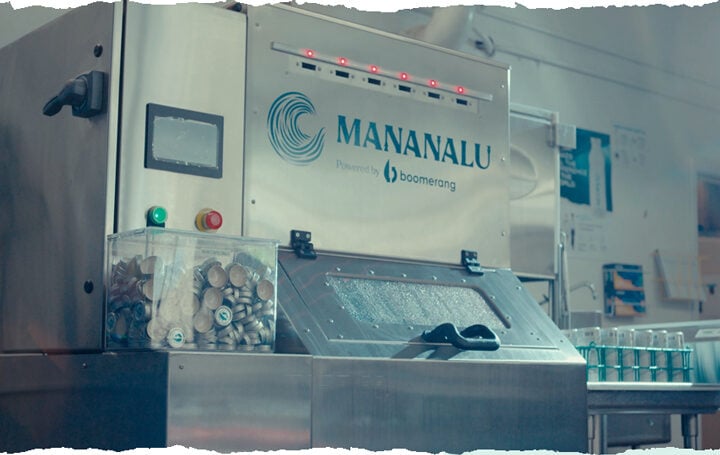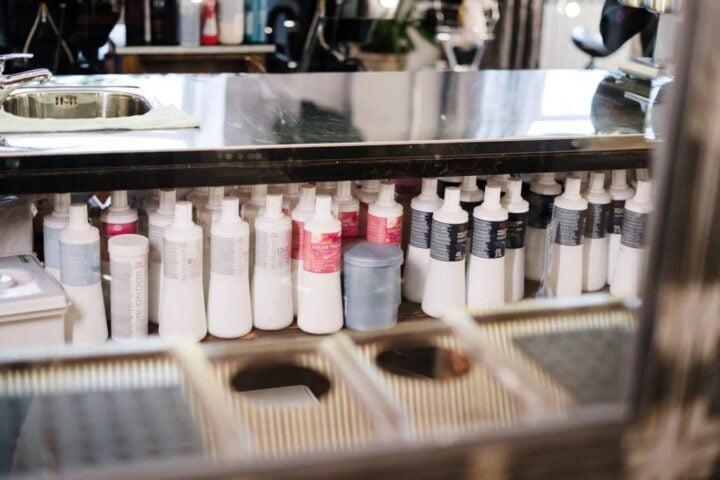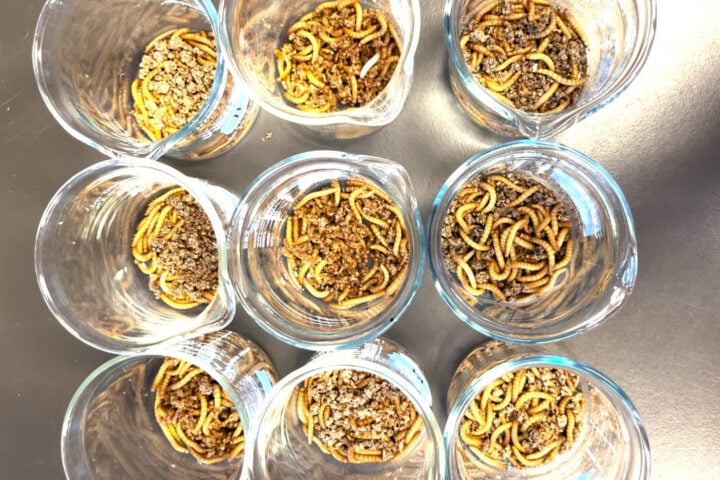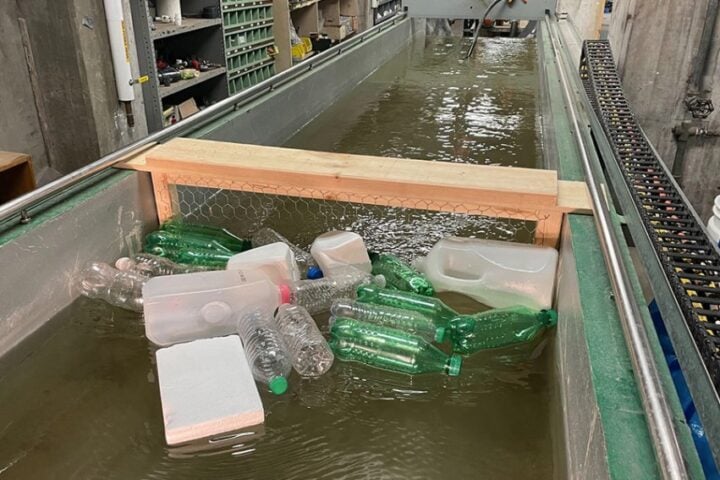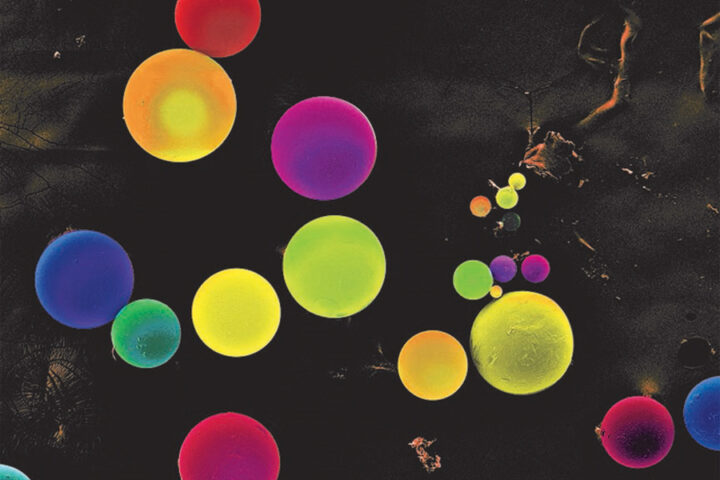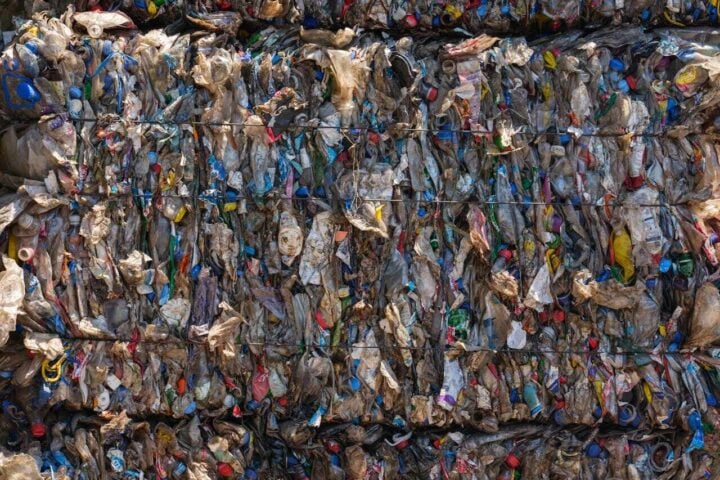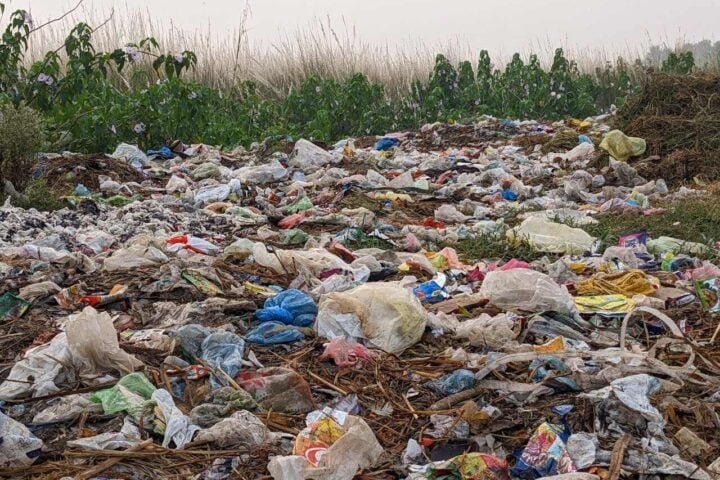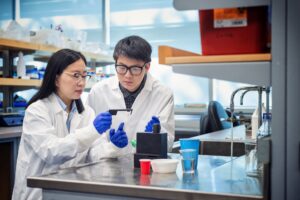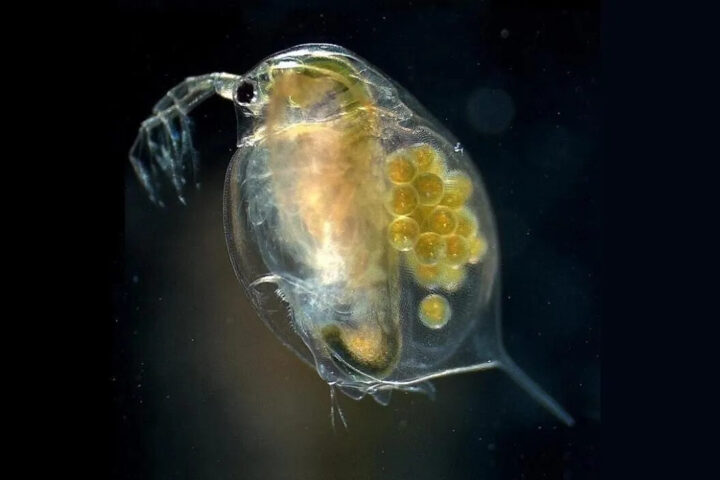In the ever-evolving world of scientific discovery, a recent breakthrough at the University of Florida (UF) promises to reshape the landscape of plastic recycling. Led by Brent Sumerlin, the George B. Butler Professor in the Department of Chemistry, the research team has pioneered a novel recycling process that not only conserves energy but also ensures the recycled plastic retains its quality.
The Plastic Predicament
The global plastic crisis is no secret. With only about 10% of all plastic being recycled, despite its soaring consumption, the planet is grappling with an environmental catastrophe. As Brent Sumerlin remarked, “Our work is a response to the call to action proposed by the United Nations’ Sustainable Development Goals. New recycling strategies have become imperative to reduce the negative impact of plastic on the environment.”
Traditional Recycling vs. The UF Approach
The conventional plastic recycling process is a three-fold one: collection, sorting, and reprocessing. While the first two stages are relatively straightforward, it’s the reprocessing phase that often poses challenges. Typically, sorted plastics are fragmented into tinier pieces, melted, and then reshaped into new items. This method, however, breaks down the polymer molecules in plastics, leading to shorter fragments and, consequently, inferior quality recycled plastic.
Sumerlin’s team, recognizing the pitfalls of this method, decided to tread an uncharted path. Instead of the widely-used thermal reprocessing, they delved into chemical recycling. This innovative approach involves depolymerization of the polymers, allowing them to revert entirely to their original, smaller monomer molecules.
“The resultant monomer can then be utilized to create brand-new polymers with attributes similar to or superior to those of the plastics from which they were produced,” Sumerlin explained.
Energy Efficiency and Quality Assurance
What sets the UF team’s research apart is their commitment to energy conservation. While chemical recycling is not entirely new, the method developed by Sumerlin’s team, particularly by graduate students James Young and Rhys Hughes, drastically cuts down the energy required for depolymerization.
In a statement, Brent Sumerlin emphasized, “Not only does this allow recycling of plastics with less energy, but it also enables access to plastics of even better quality.”
Similar Posts
The Road Ahead
The implications of this research are vast. With the backing of a MURI Grant from the Department of Defense, the polymer research at UF is poised to unlock the untapped potential of polymers. However, like all scientific endeavors, the journey is fraught with challenges. The scalability of this method on an industrial level, its economic viability, and the potential environmental impacts of chemical recycling are areas that need further exploration.
Yet, as Sumerlin optimistically stated, “The future of recycling is brimming with potential, promising a greener and more sustainable tomorrow.”
Expert Insight
Brent Sumerlin, at the forefront of this groundbreaking research, shared his insights on the significance of their findings. “The global call for sustainable solutions is louder than ever. Our method not only addresses the immediate challenges of plastic recycling but also paves the way for future innovations in the field,” he said.
Conclusion
The University of Florida’s pioneering research in polymer recycling is a beacon of hope in the fight against the global plastic crisis The journey forward has many challenges, but there’s hope for a greener future. As everyone watches closely, scientists stay hopeful and continue their dedicated research.
